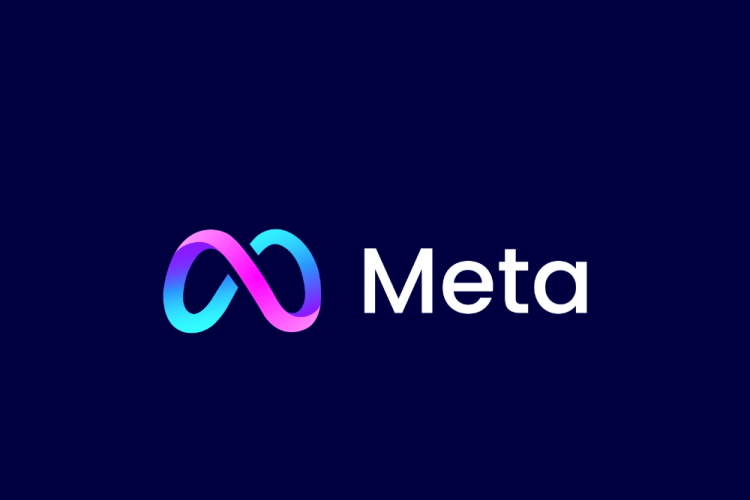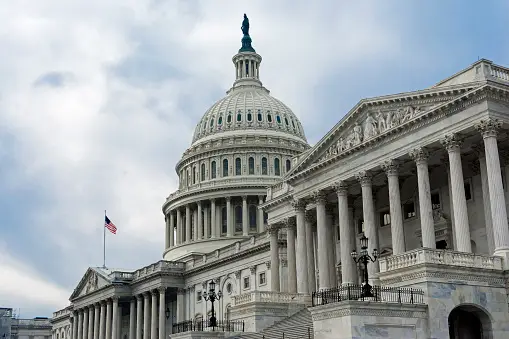Google to defend generative AI users from copyright claims

Google to defend generative AI users from copyright claims
Major technology giants like Google have made substantial investments in generative AI and are in a race to integrate it into their product offerings. Notably, numerous writers, illustrators, and copyright holders have initiated legal actions, contending that the utilization of their work for AI training and the content generated by these systems infringe upon their intellectual property rights.
“As far as we know, Google is pioneering an all-encompassing, dual-pronged indemnity approach, specifically addressing both categories of claims,” mentioned a company spokesperson.
Google’s newly introduced policy extends to its software, encompassing platforms such as Vertex AI and the Duet AI system, responsible for text and image generation within Google Workspace and Cloud applications. Notably, this announcement omitted reference to Google’s widely recognized generative AI chatbot, Bard.
The company clarified that this indemnity provision does not apply in cases where users intentionally create or employ generated content for the purpose of infringing upon the rights of others.
It is noteworthy that recent legal actions surrounding generative AI primarily target the companies that own and operate these systems, with Google being a prominent example, rather than individual end users. Defendants in AI-related lawsuits have argued that the use of training data collected from the internet constitutes fair use under U.S. copyright law. At D9art, we stay abreast of these evolving legal dynamics and their implications for AI and technology, ready to provide insights and creative solutions in this ever-changing landscape. 💡🤖 #D9art #GenerativeAI #Google #LegalImplications #AIInnovation
Major technology giants like Google have made substantial investments in generative AI and are in a race to integrate it into their product offerings. Notably, numerous writers, illustrators, and copyright holders have initiated legal actions, contending that the utilization of their work for AI training and the content generated by these systems infringe upon their intellectual property rights.
“As far as we know, Google is pioneering an all-encompassing, dual-pronged indemnity approach, specifically addressing both categories of claims,” mentioned a company spokesperson.
Google’s newly introduced policy extends to its software, encompassing platforms such as Vertex AI and the Duet AI system, responsible for text and image generation within Google Workspace and Cloud applications. Notably, this announcement omitted reference to Google’s widely recognized generative AI chatbot, Bard.
The company clarified that this indemnity provision does not apply in cases where users intentionally create or employ generated content for the purpose of infringing upon the rights of others.
It is noteworthy that recent legal actions surrounding generative AI primarily target the companies that own and operate these systems, with Google being a prominent example, rather than individual end users. Defendants in AI-related lawsuits have argued that the use of training data collected from the internet constitutes fair use under U.S. copyright law. At D9art, we stay abreast of these evolving legal dynamics and their implications for AI and technology, ready to provide insights and creative solutions in this ever-changing landscape. 💡🤖 #D9art



